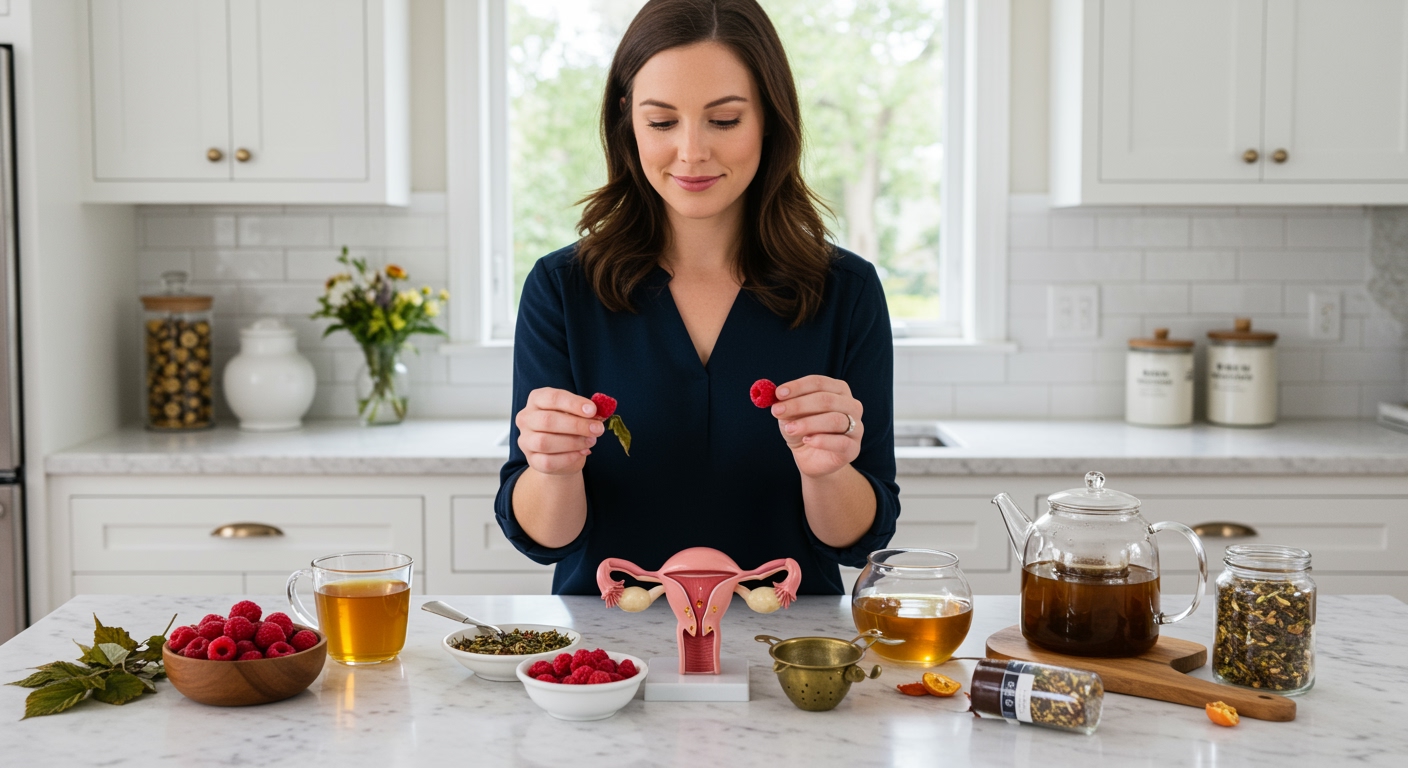✪ Key Takeaway: Pumpkin seeds provide moderate zinc but may not meet full PCOS requirements due to absorption limitations.
Introduction
You grab a handful of pumpkin seeds thinking you are solving your PCOS zinc deficiency problem.
Many women with PCOS turn to pumpkin seeds because they heard these crunchy snacks contain zinc, which helps balance hormones and reduce symptoms.
Hi, I am Abdur, your nutrition coach and today I am going to explain whether pumpkin seeds actually provide enough bioavailable zinc to support your PCOS management goals.
How Much Zinc Do Pumpkin Seeds Actually Contain?
One ounce of pumpkin seeds contains approximately 2.2 milligrams of zinc.
This amount represents about 20 percent of the daily recommended intake for adult women.
Women with PCOS typically need higher zinc levels than healthy women due to increased inflammation and insulin resistance.
Research shows that PCOS patients often have zinc deficiency ranging from 15 to 30 percent below normal levels.
A single serving of pumpkin seeds would require you to eat about 5 ounces daily to meet basic zinc needs.
That equals roughly 750 calories just from pumpkin seeds, which creates problems for weight management in PCOS.
✪ Fact: Pumpkin seeds contain phytates that can reduce zinc absorption by up to 50 percent.
What Makes Zinc Absorption From Seeds Complicated?
Phytic acid in pumpkin seeds binds to zinc and prevents your body from absorbing it efficiently.
This natural compound acts as an antinutrient that protects the seed but blocks mineral absorption in your digestive system.
Soaking and roasting pumpkin seeds can reduce phytic acid content by approximately 25 to 30 percent.
However, even with preparation methods, the bioavailability of zinc from plant sources remains lower than animal sources.
Your stomach acid levels also affect zinc absorption, and many PCOS women have reduced stomach acid production.
Fiber content in pumpkin seeds can further interfere with zinc absorption when consumed in large quantities.
✪ Pro Tip: Consume pumpkin seeds with vitamin C-rich foods to enhance zinc absorption rates.
Why Do Women With PCOS Need More Zinc Than Others?
PCOS creates a state of chronic low-grade inflammation that depletes zinc stores faster than normal.
Insulin resistance, present in 70 percent of PCOS cases, increases zinc excretion through urine.
High androgen levels characteristic of PCOS require additional zinc for proper hormone metabolism and regulation.
Zinc plays a crucial role in ovarian function and helps regulate the menstrual cycle in women with PCOS.
Studies indicate that zinc supplementation can improve insulin sensitivity and reduce testosterone levels in PCOS patients.
The recommended zinc intake for PCOS management ranges from 15 to 30 milligrams daily, depending on severity.
✪ Note: Zinc deficiency can worsen acne and hair loss, common PCOS symptoms.
What Are Better Zinc Sources For PCOS Management?
Oysters provide the highest bioavailable zinc content with 74 milligrams per 3-ounce serving.
Lean red meat contains approximately 7 milligrams of highly absorbable zinc per 3-ounce portion.
Chicken and turkey offer moderate zinc levels with better absorption rates than plant sources.
Eggs provide about 0.6 milligrams per egg along with other PCOS-supportive nutrients like choline and protein.
For vegetarians, combining different plant sources like legumes, nuts, and seeds improves overall zinc intake.
Zinc supplements may be necessary for women with severe PCOS symptoms or documented deficiency.
✪ Pro Tip: Take zinc supplements on an empty stomach for maximum absorption, but with food if nausea occurs.
How Should You Include Pumpkin Seeds In Your PCOS Diet?
Use pumpkin seeds as a complementary zinc source rather than your primary source for PCOS management.
Limit portions to 1 ounce daily to avoid excessive calories while still gaining nutritional benefits.
Soak raw pumpkin seeds overnight and roast them lightly to reduce antinutrients and improve digestibility.
Combine pumpkin seeds with vitamin C sources like bell peppers or citrus fruits to enhance zinc absorption.
Add them to salads, yogurt, or smoothies rather than eating them as a standalone snack.
Monitor your overall caloric intake since pumpkin seeds are calorie-dense and PCOS often involves weight management challenges.
✪ Fact: Pumpkin seeds also provide magnesium and healthy fats that support hormone balance in PCOS.
The Bottom Line
Pumpkin seeds provide moderate zinc content but cannot single-handedly meet the elevated zinc requirements of women with PCOS.
Smart nutrition combines multiple sources rather than relying on single miracle foods, and this principle applies perfectly to zinc intake for PCOS management.
I would love to hear about your experience with pumpkin seeds and PCOS management, so please share your questions or feedback in the comments below.
References
At NutritionCrown, we use quality and credible sources to ensure our content is accurate and trustworthy. Below are the sources referenced in writing this article:
- PMC: Zinc and PCOS Research
- PubMed: Zinc Supplementation in PCOS
- Aspect Health: Zinc for PCOS Benefits
- PMC: Micronutrients in PCOS





